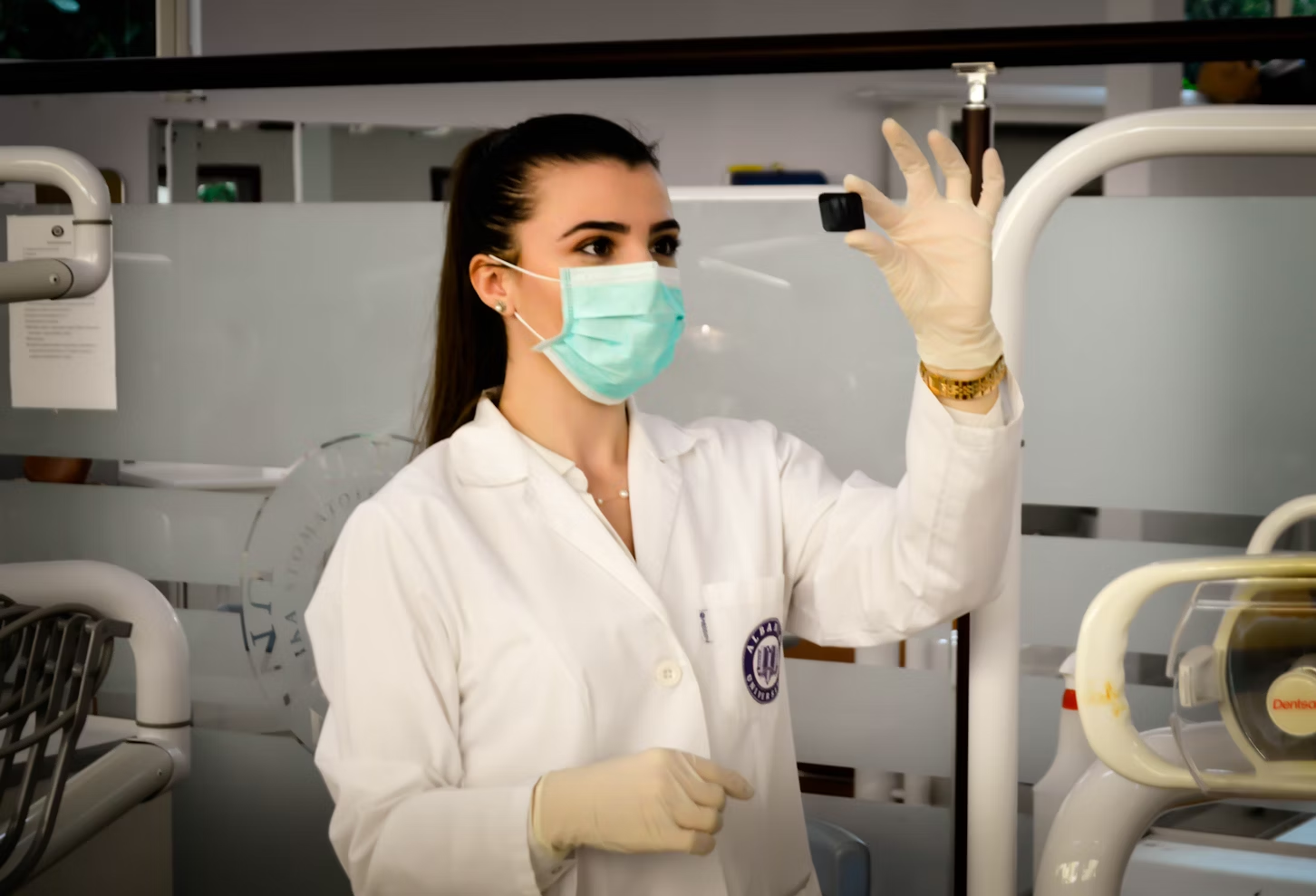
Introduction
Music education is rapidly evolving with the integration of technology in classrooms and private lessons. As a music tech teacher, you play a critical role in shaping the future of both music and education by blending traditional music instruction with the latest technological advancements. This fusion of disciplines not only enhances the learning experience but also empowers students to engage with music in innovative and interactive ways. In this article, we’ll explore the essential aspects of being a music tech teacher, including the necessary skills, tools, and techniques to foster a dynamic learning environment.
The Role of a Music Tech Teacher
The role of a music tech teacher extends far beyond the traditional music teacher’s responsibilities. In addition to teaching music theory, composition, and performance, a music tech teacher incorporates various forms of technology into their lessons. This can include digital audio workstations (DAWs), MIDI controllers, music composition software, and other forms of music technology. By leveraging these tools, teachers can offer students unique learning opportunities that blend creativity with technical proficiency.
One of the primary objectives of a music tech teacher is to ensure that students are comfortable using technology as an integral part of their musical education. This involves teaching students how to use software and hardware for music production, sound engineering, and even live performance. A music tech teacher is responsible for introducing students to the latest trends in music technology and guiding them in using these tools to enhance their musical abilities. Furthermore, they must be able to adapt to the ever-changing landscape of music technology, constantly updating their knowledge to keep their lessons relevant and engaging.
Essential Skills for a Music Tech Teacher
To succeed as a music tech teacher, you must possess a unique blend of musical and technical skills. While a solid understanding of music theory and performance is essential, a comprehensive knowledge of music technology is equally important. Here are some key skills that are necessary for anyone looking to become a successful music tech teacher:
Music Production Knowledge: Understanding how music is produced using technology is crucial. This includes familiarity with DAWs such as Ableton Live, Logic Pro, or FL Studio, as well as the ability to teach students how to use these tools effectively.
Audio Engineering: A music tech teacher should know the basics of recording, mixing, and mastering audio. This includes working with microphones, audio interfaces, and soundboards, and being able to teach students how to record and manipulate sound professionally.
Technical Proficiency: Teaching technology requires a deep understanding of the tools you are using. You must be proficient in using music software, hardware controllers, synthesizers, and other tech-driven music instruments.
Adaptability: As technology in music constantly evolves, a music tech teacher must stay current with the latest software and hardware updates. This allows you to teach students about the newest tools and techniques available to modern musicians.
Classroom Management: Whether you’re teaching in a school or offering private lessons, managing a technology-integrated classroom comes with its challenges. You’ll need to ensure that students remain focused, while also fostering an environment where experimentation with technology is encouraged.
Integrating Technology in Music Education
Technology integration in music education opens up endless possibilities for student creativity and engagement. As a music tech teacher, you are at the forefront of this revolution, merging traditional music learning with digital tools to enrich the educational experience. Technology allows students to interact with music in once unimaginable ways, from composing entire symphonies on their computers to remixing existing tracks with advanced software.
One of the most significant advantages of incorporating technology into music education is its ability to make learning more accessible. Students who may not have access to traditional musical instruments can now use virtual instruments and synthesizers to create music. Furthermore, technology allows for individualized learning paths. Students can work at their own pace, mastering new techniques before moving on to more advanced concepts. This flexibility is crucial in an educational environment where every student learns differently.
Another benefit of technology in music education is its ability to connect students globally. With online platforms and collaborative tools, students can work on group projects with peers from different schools or even different countries. This global connectivity enhances their understanding of music as a universal language and opens their minds to different musical traditions and cultures.
The Importance of Digital Audio Workstations (DAWs)
A digital audio workstation (DAW) is one of the most critical tools in a music tech teacher’s arsenal. DAWs are software platforms that allow users to record, edit, mix, and produce audio. Programs like Ableton Live, Logic Pro, and FL Studio are some of the most widely used DAWs in both educational and professional settings. Teaching students how to navigate these programs equips them with the skills needed for careers in music production, sound design, and film scoring.
As a music tech teacher, you’ll likely spend considerable time teaching students the ins and outs of these programs. From understanding the basics of audio tracks and MIDI sequencing to mastering advanced features like automation and effects processing, DAWs provide a versatile platform for music education. Moreover, students can use these tools to create professional-quality recordings and compositions, giving them the confidence to pursue further studies or careers in music technology.
Incorporating MIDI Controllers and Other Hardware
While software plays a significant role in music technology education, hardware is equally important. As a music tech teacher, you should introduce students to various hardware components that complement the software they are using. MIDI (Musical Instrument Digital Interface) controllers are an essential tool in this regard. MIDI controllers allow students to interact with their DAWs in a tactile way, giving them the ability to play virtual instruments or trigger samples.
In addition to MIDI controllers, other hardware devices like synthesizers, drum machines, and sound modules are valuable tools in music tech education. These devices enable students to understand the relationship between physical hardware and the digital environment, helping them become more well-rounded musicians and producers.
Teaching Sound Design and Synthesis
Sound design is another critical area that a music tech teacher must cover. In modern music production, the ability to create and manipulate sounds using technology is invaluable. Teaching students the fundamentals of synthesis—whether through software synths or hardware—opens up a new world of creative possibilities. By learning how to shape waveforms, adjust filters, and modulate sound parameters, students can craft their unique sonic identities.
Moreover, sound design extends beyond just music. It plays a crucial role in film, video games, and other multimedia projects. As a music tech teacher, equipping students with sound design skills can broaden their career opportunities in various industries beyond music alone.
Exploring Music Composition with Technology
Technology has revolutionized the way musicians approach composition. As a music tech teacher, you should encourage students to explore composing music using both traditional and digital methods. Composition software like Finale or Sibelius allows students to create sheet music, while DAWs enable them to record and arrange their compositions with greater flexibility.
Technology also introduces new compositional techniques such as sampling, looping, and remixing. These techniques allow students to experiment with different musical forms, creating innovative compositions that blend genres and styles. Additionally, students can use technology to collaborate with others remotely, creating compositions that incorporate input from musicians across the globe.
Developing Creativity through Music Technology
One of the most significant benefits of integrating technology into music education is its ability to foster creativity. With access to powerful tools like DAWs, virtual instruments, and sound libraries, students can create music that goes beyond traditional boundaries. As a music tech teacher, it’s essential to encourage your students to experiment with these tools, pushing their creative limits and discovering their unique musical voices.
Music technology also allows students to engage in interdisciplinary projects that combine music with other forms of media, such as film, video games, or dance. By encouraging students to explore these cross-disciplinary projects, you can help them develop a more comprehensive understanding of how music interacts with other art forms, enhancing their overall artistic vision.
Preparing Students for Careers in Music Technology
One of the primary responsibilities of a music tech teacher is to prepare students for careers in the ever-expanding field of music technology. Whether they are interested in becoming producers, sound engineers, composers, or educators, the skills they learn in your classroom will be invaluable. By teaching students how to use industry-standard tools and techniques, you are setting them up for success in their future endeavors.
Furthermore, as technology continues to shape the music industry, students with a solid foundation in music technology will have a competitive edge in the job market. As a music tech teacher, it’s essential to stay informed about the latest trends and advancements in the field so that you can guide your students toward promising career paths.
Overcoming Challenges as a Music Tech Teacher
While the role of a music tech teacher is exciting and full of possibilities, it also comes with its share of challenges. One of the biggest hurdles is ensuring that students stay engaged with the technology without becoming overwhelmed. It’s essential to strike a balance between introducing new tools and ensuring that students have a strong foundation in the basics of music and technology.
Another challenge is managing the technical aspects of your classroom. Whether you’re dealing with software glitches, hardware malfunctions, or internet connectivity issues, troubleshooting becomes a regular part of the job. Developing your technical problem-solving skills will make your teaching more efficient and less frustrating for both you and your students.
Conclusion
As technology continues to evolve, the role of the music tech teacher will become even more crucial in shaping the future of music education. The possibilities for integrating artificial intelligence, virtual reality, and machine learning into the music classroom are on the horizon, promising to revolutionize the way students learn and create music.
By staying current with these advancements and incorporating them into your curriculum, you can ensure that your students are well-equipped to navigate the future of music. As a music tech teacher, you are not just teaching students how to use technology—you are preparing them for a rapidly changing world where music and technology are increasingly intertwined.










